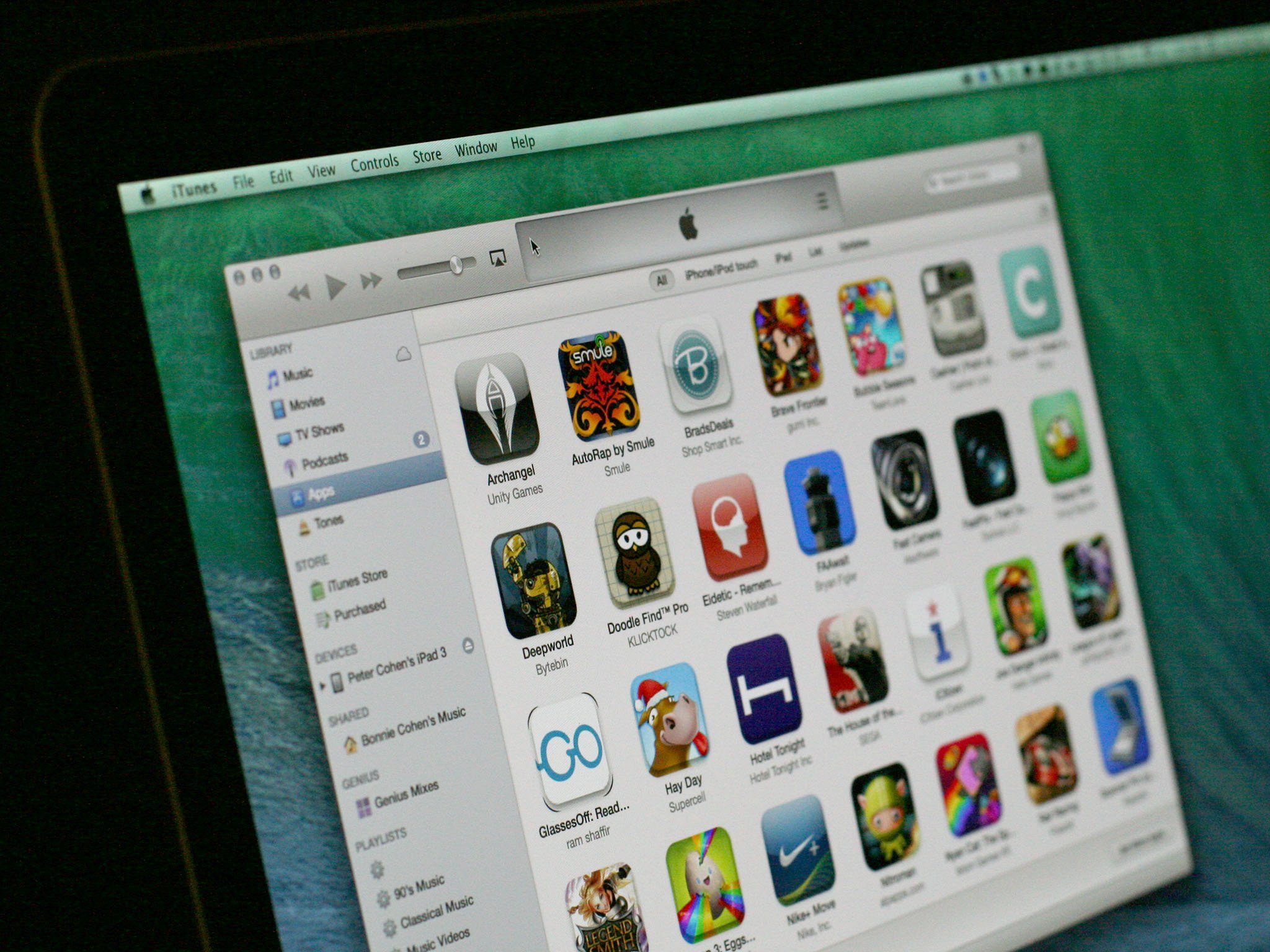Why Wall Street should pay attention to Apple's growing iTunes revenue

Over at Asymco blog, Horace Dediu wrote a wonderful post that examines the size and growth of Apple’s iTunes business. This business includes the sale of music, video, iOS apps, Mac apps, and various services.
Dediu put forth some great charts estimating the size of each of these components of the iTunes business, and it’s worth pointing out that in calendar Q4 (Apple’s Q1 of fiscal 2014) Apple brought in $2.4 billion in sales compared to only $2.1 billion in the year ago quarter. Dediu also estimates that Apple would have reported another $350 million in sales had they not started to give away MacOS updates and iWork apps for free.
Apple only keeps 30% of the sales of apps from its digital stores. So Asymco published an estimate of how big the iTunes business would be if it was a standalone business where all gross revenue was counted, and Apple’s payments to developers were treated as an expense. In this case the iTunes business would be almost $7 billion for the quarter and $23.5 billion for the full year with impressive 34% year over year growth.
Not too shabby, is it? It’s a big enough business to rank at #130 in the Fortune 500. But not only that, the grossed-up version of iTunes would also be about half the size of Google’s core advertising business, according to Asymco’s analysis (and it’s growing faster).
The author didn’t discuss what this means to Apple’s potential market value, but he did comment (rightly so, I think) that Wall Street really isn’t paying for the value of iTunes today. But let’s say we wanted to throw some kind of value on the iTunes business. Let’s assume the business doubles between 2014 and 2017, which I think is quite reasonable given the pace of mobile app use. Let’s round it out at an even $50 billion in annual revenue and assume it could operate at 20% margins (pre-tax), or 15% post-tax. Keep in mind the vast majority of costs would be payments to developers.
This scenario, would result in iTunes posting about $10 billion of profit per year, and it wouldn’t surprise me if it was valued at 20x earnings, or $200 billion as a standalone company at that time. Of course it isn’t a standalone company and that’s three years from now. But the opportunity is clear. Considering Apple’s market value today is $478 billion, and they hold cash (net of debt) of 142 billion, the enterprise value of the company is $336 billion. I’m suggesting that iTunes, in 3 years, could be worth much more than half of that number, leaving the entirety of Mac, iPad, iPhone, and whatever else comes next to justify the rest.
Personally, I’m hanging onto every single Apple share I own here.
Master your iPhone in minutes
iMore offers spot-on advice and guidance from our team of experts, with decades of Apple device experience to lean on. Learn more with iMore!
Former sell side analyst, out-of-box thinker, consultant, entrepreneur. Interests: Wife & kids, tech, NLP, fitness, travel, investing, 4HWW.

